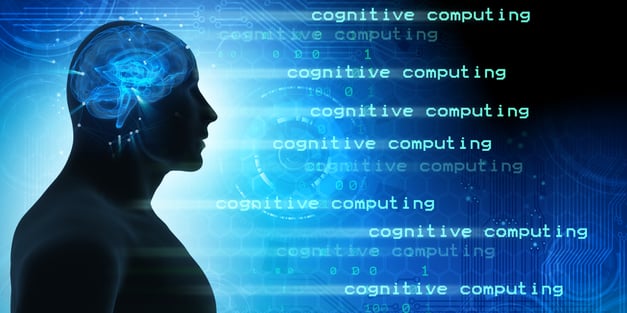Natural Language Processing (NLP) is a technological innovation driving change across multiple industries. As machines gain a more complex understanding of language and context, they can perform jobs previously managed by often overburdened staff. NLP contributes to applications ranging from translation to word processing, and recently the technology has entered more complex sectors. For instance, the application of natural language processing to legal documents is revolutionizing corporate legal and procurement departments.

Contract review and negotiation can challenge even seasoned attorneys, and ambiguity and bias persist as a perennial concern during contract review. By applying NLP to legal documents, corporate legal departments have discovered a way to accelerate contract review and negotiation while eliminating human bias, reducing ambiguity, and executing more enforceable contracts.
What Is Natural Language Processing?
Human language can be highly ambiguous. Grammatical norms, idioms, and sentence structure can all create confusion over intent. However, humans can overcome ambiguities by inferring significant meaning simply through context.
Consider a basic statement: "I haven't slept for three days." This sentence could indicate that the speaker has had insomnia for three days. Alternatively, the speaker may wish to communicate that they have never slept for three days in a row. Most human listeners, because of their bias, would assume the first meaning. On the other hand, a machine would not understand the context needed to make that determination. Either statement could be equally valid.
NLP combines linguistics, AI, and machine learning to teach computers how to process human languages and overcome ambiguity.
Early versions of NLP often involved a human guiding the machine by adding common rules and standards to the data set. NLP’s ability to make inferences using only raw data marked a breakthrough for the technology. It allowed the machines to make decisions based on the fluid ways that people communicate rather than adhere to a strict set of often broken rules. This advance helped make it possible to apply natural language processing to the legal industry.
Natural Language Processing and Legal Documents
Ambiguity represents a significant problem in legal documents. It can limit intended protections, change terms, and cause confusion for all the parties involved. Often, attorneys can overlook these issues because they do not recognize ambiguity in the contract language they draft or review. Just like humans may assume that "I haven't slept for three days" means someone has insomnia, an attorney may believe the meaning of their clause or amendment is clear to the reader and can only have one reasonable meaning. This is especially true when the attorney has to review a contract that is hundreds of pages and includes complex terms and arrangements. NLP can aid in this review by locating ambiguities and suggesting revisions for improvement.
Consider a Master Service Agreement (MSA) with a warranty clause stating that the “vendor agrees to provide comprehensive IT services for the life of any agreement.” The attorney writing the MSA may believe that the definition of "comprehensive" is obvious. However, a contract negotiation platform that leverages NLP may highlight the word “comprehensive” and make suggestions to ensure specificity so the vendor does not become responsible for every issue unrelated to their service.
The most innovative platforms can perform reviews and provide guidance in a fraction of the time that an attorney would need to dedicate to the review. In some cases, leading-edge contract review and negotiation technology, like LexCheck, can return a fully marked-up contract in just a few minutes, ensuring all contract terms are clear and free of ambiguous language.
LexCheck utilizes natural language processing to perform legal document reviews that ensure stronger, less ambiguous contracts. To see how it works, either request a demo or reach out to us via email at sales@lexcheck.com.
.jpg)
